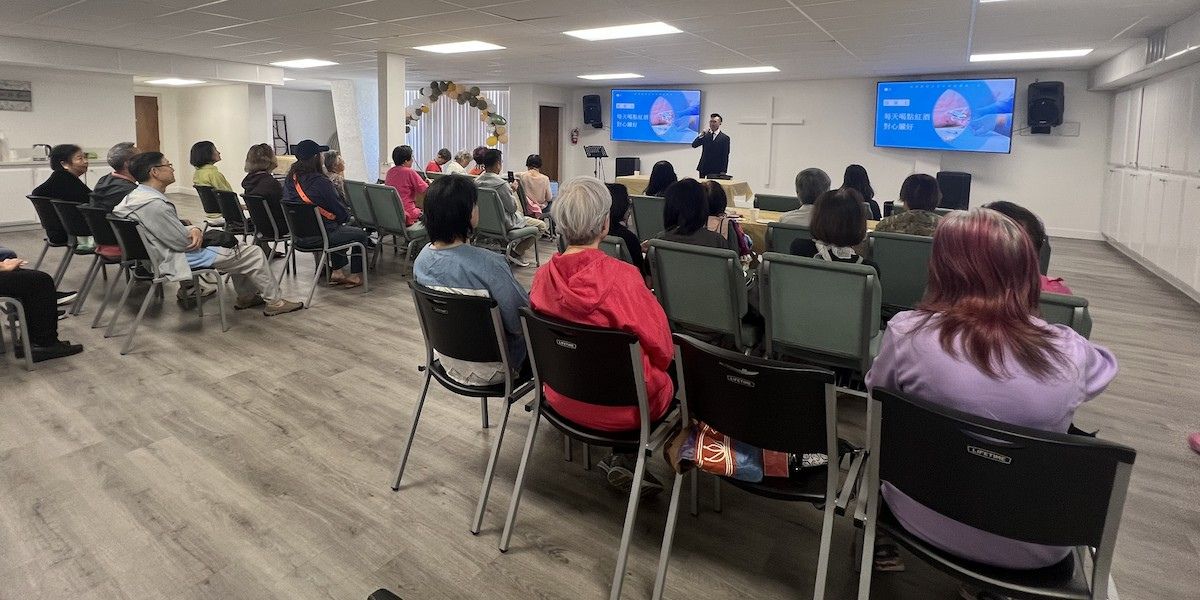By: Seraphina Quinn
Artificial intelligence (AI) influence continues to expand across daily life. In the US alone, up to 27% of adults acknowledge that they interact with AI several times a day for different needs. This commonly includes using AI in sectors like healthcare, security, and entertainment. Interestingly, a 2024 trend report from Conde Nast Traveler predicts that AI will soon be similarly adopted in mainstream travel, too.
Within the travel industry, AI has been seen to revolutionize bookings, streamline processes, and enhance customer experiences. AI-powered chatbots offer 24/7 assistance, resolving queries promptly. Predictive analytics optimize pricing, suggesting personalized offers. Machine learning algorithms refine search results, presenting tailored recommendations. From itinerary planning to customer support, AI reshapes the travel landscape with efficiency and customization. But does it really improve your overall travel experience, or are these just buzzwords and bluff?
From tourism companies to everyday travelers, here are some ways that AI may be improving the way people explore.
More intuitive support
One of the biggest draws that AI offers everyday users is virtual assistance. With access to the internet’s vast databases and the ability to note the user’s preferences and surroundings, AI can be a superpowered sidekick. On travels, this can help bridge any linguistic or cultural barriers that otherwise impair a tourist’s experience. Case in point, the smart glasses created by Ray-Ban and Meta are powered by AI and live streaming technology. This is on top of having an ultra-wide 12MP camera, 5-mic system, and open-ear speakers. By simply saying, “Hey, Meta,” users can ask the AI to execute various hands-free commands. For travel, this can include gathering pertinent information such as navigation suggestions, local timetables, and even real-time text translations.
Along the same vein, AI in smartphones such as Samsung’s Androids can help make voice translations a reality. Available in the newly released Galaxy S24 line, the AI live translations feature works regardless of whether you’re the caller or the receiver. At a push of a button, the AI will offer onscreen and audible translations of up to 13 languages. The software also keeps track of frequently contacted numbers that require the use of the translator, so it will automatically activate once this number is reached again. The tech giant notes that this can be particularly beneficial for businesspersons or travelers who are likely to speak to others in a foreign tongue. In tourism, this can help improve over-the-phone communications with local service providers like taxis, hotels, and restaurants.
Enhanced planning and booking
Unsurprisingly, some of the early adopters and prominent champions of AI in travel are tourism stakeholders. This includes tour operators and hospitality establishments. For starters, experts espouse the convenience of AI bookings. Through platforms like WhatsApp, users can now ask the AI to make them arrangements for any desired activity. Even tourism-related companies still use real agents to facilitate bookings, AI can help workers conduct business more effectively by taking care of more menial tasks. This helps the agent better focus on more nuanced assignments, like answering sensitive queries, haggling with partner establishments, writing out costs, etc.
On top of booking, AI can also improve planning. For example, many travelers now use ChatGPT to create their personalized itineraries. By simply typing in a few keywords and offering some parameters, the AI can craft a unique itinerary for any trip. Similarly, apps like Uber use AI to make recommendations based on a user’s daily patterns. This includes suggesting dropping by a coffee shop along your route during dinner time. In a travel setting, this can translate into localized recommendations, like entertainment venues to visit or food concepts to try. Ultimately, this is intended to provide an upselling opportunity for the company while also improving customization for the traveler.
Published by: Martin De Juan






